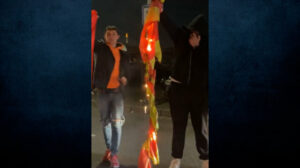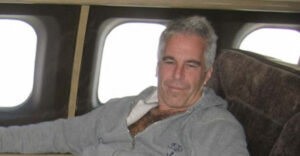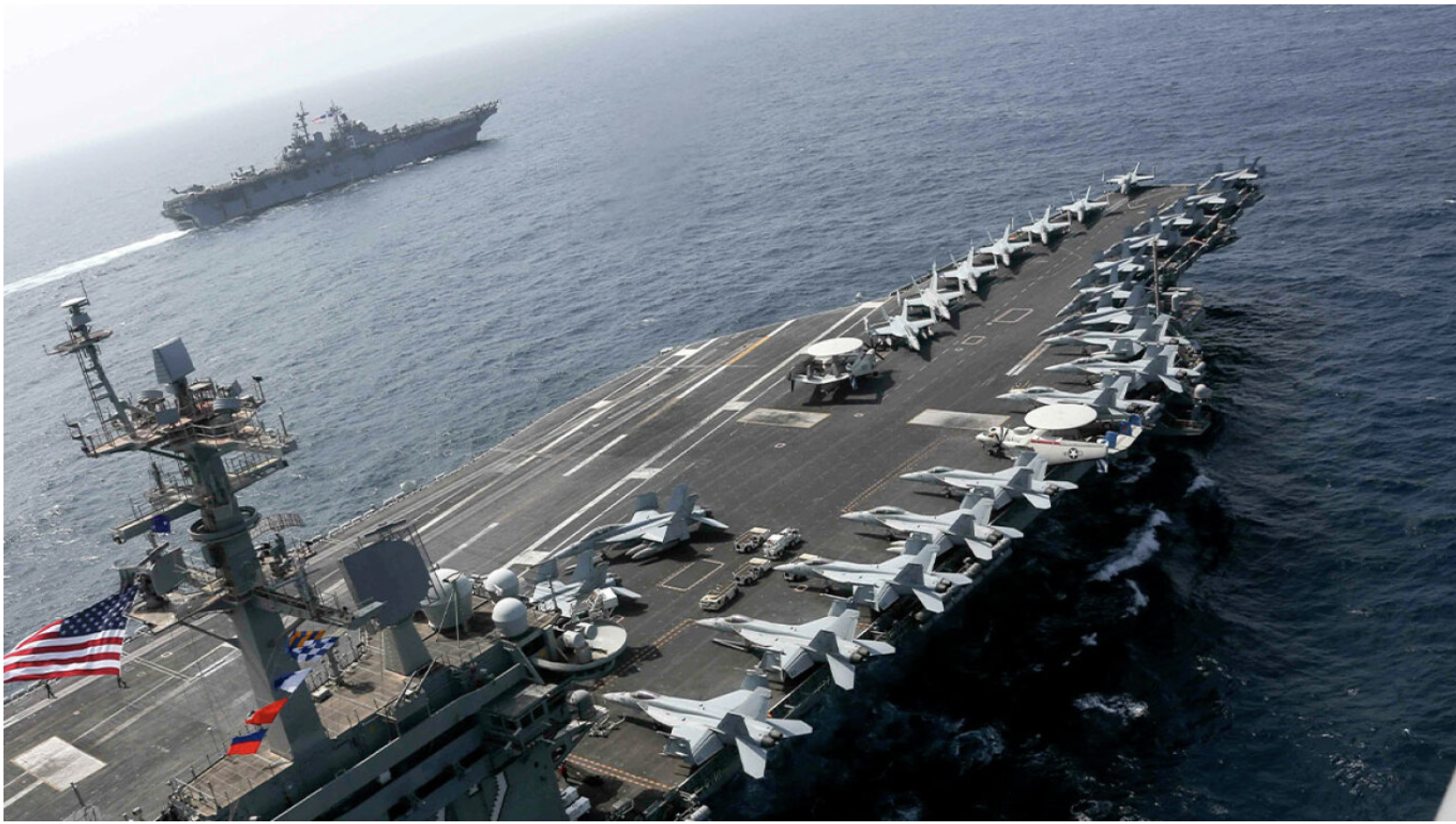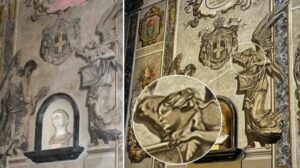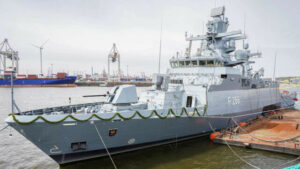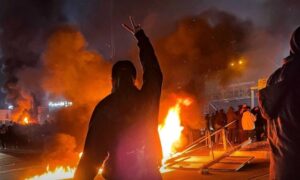Clashes occurred late last night in Skopje, during Albanian celebrations for Albanian Flag Day.
Young Albanians, among others, tore up and burned Northern Macedonia flags in the Albanian district of Skopje in the city center, and there were shots fired in the air.
Northern Macedonia’s Interior Minister, Panze Toskovski, said ten people were arrested for last night’s riots, for participating in clashes with police and for inciting ethnic, racial and religious hatred. Those arrested are young, including minors.
The incidents were condemned by all political parties in North Macedonia.
The ruling VMRO-DPMNE noted that the provocation of last night’s incidents had a political background and that the aim of their instigators was to impose themselves on the public debate through ethnic issues and divisions, in the absence of a convincing political proposal.
North Macedonian Prime Minister and VMRO-DPMNE leader Christian Mitzkoski has condemned the desecration of the country’s state flag and noted that “the government will respond strongly to all provocations and attempts to destabilize the country”. He said he expects such provocations in the future and urged citizens to remain calm and not to succumb to provocations.
The opposition and largest Albanian party in North Macedonia, Ali Ahmedi’s DUI, accused the police of using excessive force. The party noted that police intervention last night in Skopje caused unnecessary tensions and created a climate of confrontation, violating the right of citizens to celebrate freely.
Thousands of Albanians in the streets of the city
A few thousand Skopje Albanians, mostly young, moving in cars covered with the Albanian flag celebrated last night in the main streets of the city on the occasion of the Albanian Flag Day (November 28) and later gathered in the Albanian-speaking district of Skopje. Police had closed the main streets of the city.
In Tetovo, a city of 80,000 inhabitants in the northwestern part of the country, which is mostly inhabited by Albanians, flags of “Greater Albania” were displayed in the streets of the city.
Albanians make up 25% of the population of North Macedonia.
In Skopje, a city of about 600,000 people, Albanians number about 120,000.
The incidents caused concern among much of the public in North Macedonia, as similar incidents had not occurred for several years.
Although internal ethnic relations in North Macedonia have softened in recent years, they remain fragile. In 2001, armed Albanians from the former “National Liberation Army” (KLA) were involved in months-long clashes with the then Macedonian government forces, which almost led to the dismemberment of the country. Those conflicts ended in August 2001 with the signing of the Ohrid Peace Agreement, which gave the Albanian population of the country rights it had claimed since the country’s independence in 1991.
Ask me anything
Explore related questions
